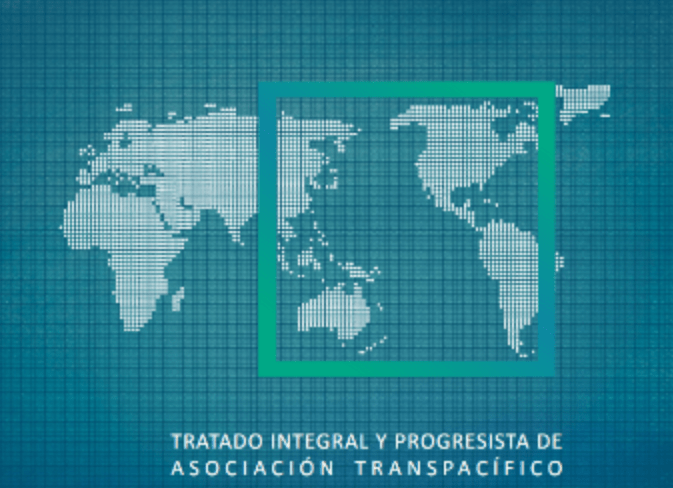The United States is concerned about the competitive pressures facing countries that are members of the Comprehensive and Progressive Treaty of Trans-Pacific Partnership (CPTPP) and other Asia-Pacific economies, said Katherine Tai, a White House trade representative.
“China submitted the application (to enter the CPTPP) a week or two ago. The United States has been committed, has invested deeply in Asia-Pacific/Indo-Pacific for a long time.
«So, you know, what I would say is that we are deeply concerned about the partners in that region of the world, in particular because I believe that the competitive pressures on them are, due to geography, particularly acute,» Tai commented on Monday in a CSIS event.
On September 16, China requested to join the CPTPP, a request that the United Kingdom and Taiwan have also made.
“The TPP, which is the basis for the CPTPP, was something that was negotiated several years ago now. It concluded, I think, six years ago almost exactly. And the world economy has shown us realities in the intervening years that I think we really have to pay attention to.
«So, you know, in terms of our continued investment and engagement with our partners and allies in the Indo-Pacific, I think what we need to do is to fully engage and address the realities and challenges that we see today,» Tai added.
CPTPP
With its entry into force on December 30, 2018, the signatories of the CPTPP are: Australia, Brunei, Canada, Chile, Japan, Malaysia, Mexico, New Zealand, Peru, Singapore and Vietnam. To date, it has not yet entered into force for Brunei, Chile and Malaysia.
While the entry into force of Peru took place just this September 19, the rest of the membership has made continuous calls for Brunei, Chile and Malaysia to put this regional agreement into effect.
Among other things, the CPTPP contains provisions on trade facilitation; electronic commerce; public procurement; competition policy; state-owned companies and designated monopolies; Intellectual property rights; labor issues; environmental issues; competitiveness and business facilitation; the development; the pymes; regulatory coherence; and transparency and the fight against corruption.
![]()

